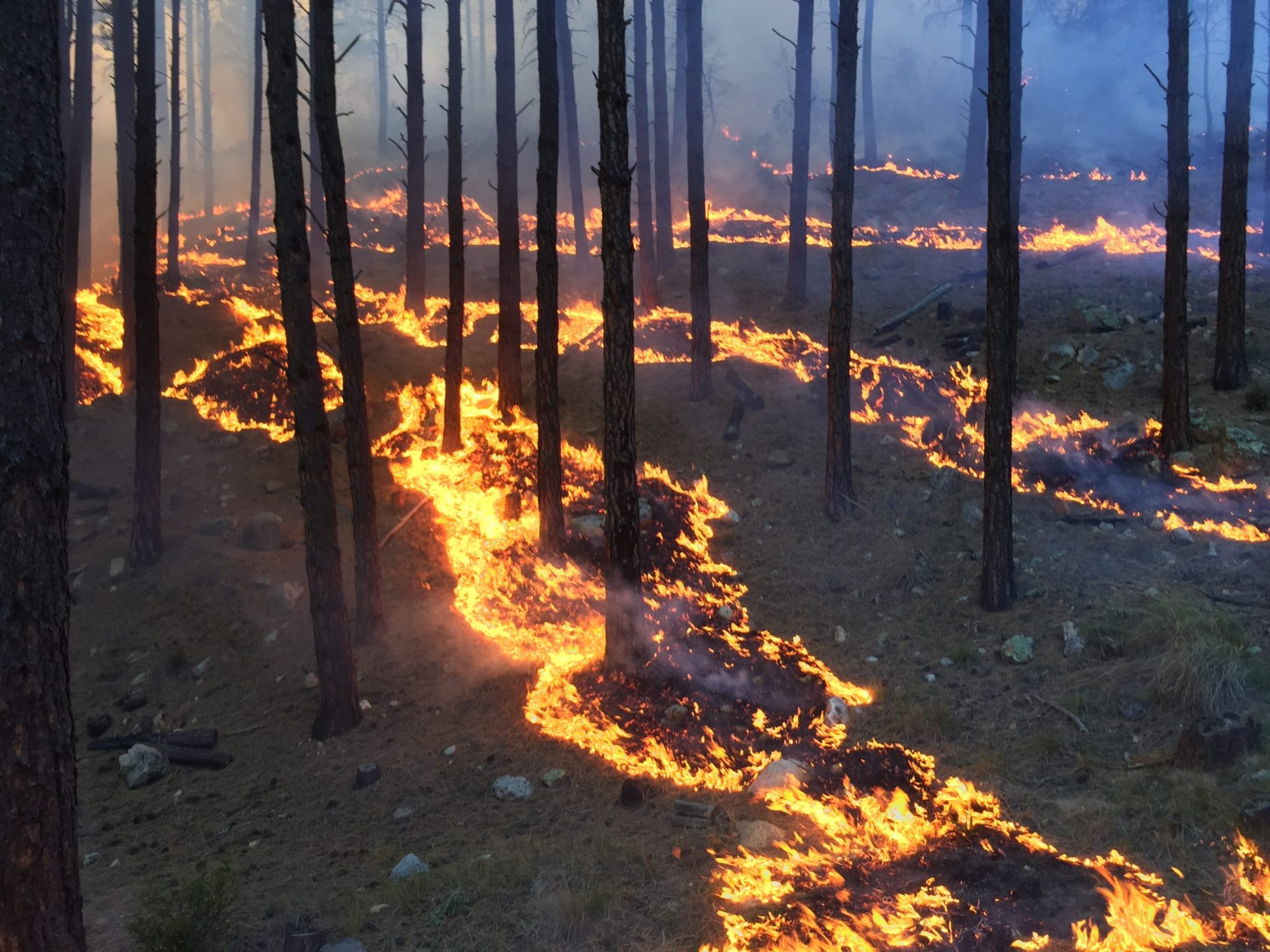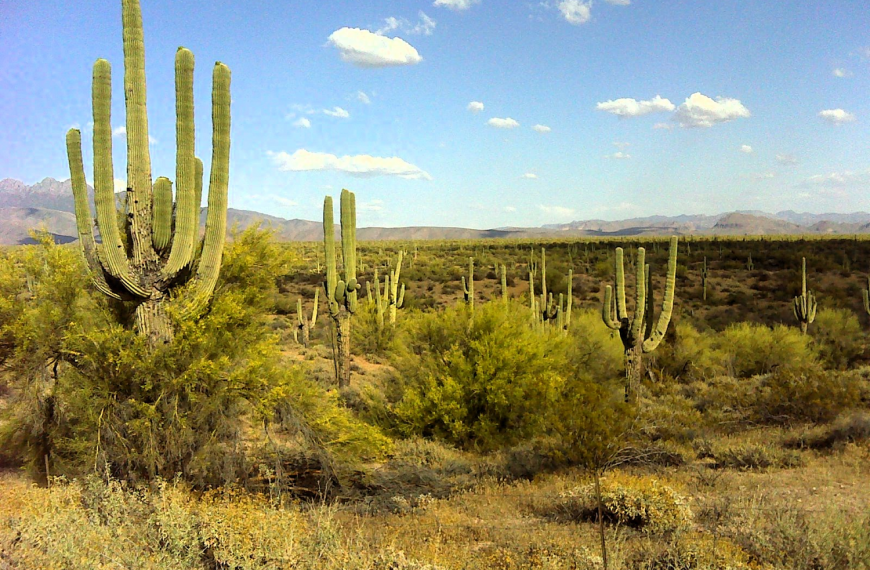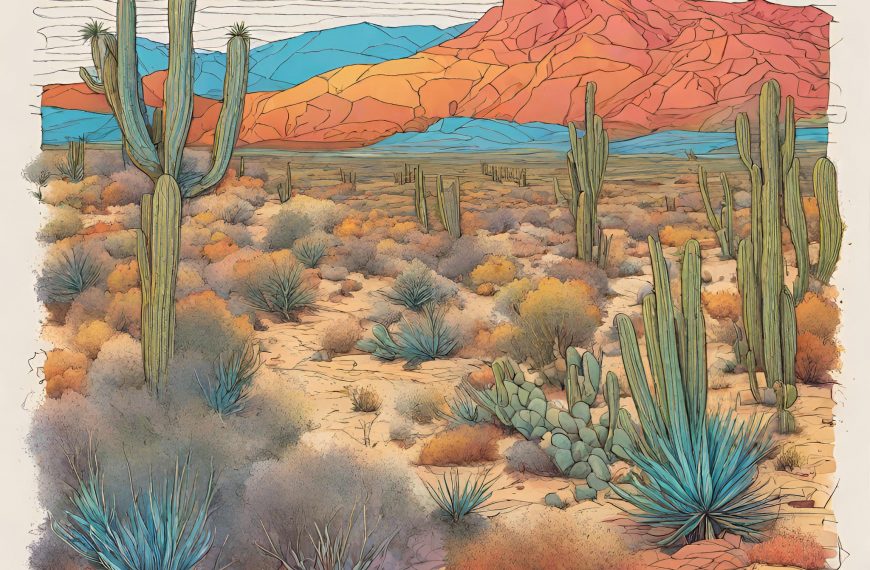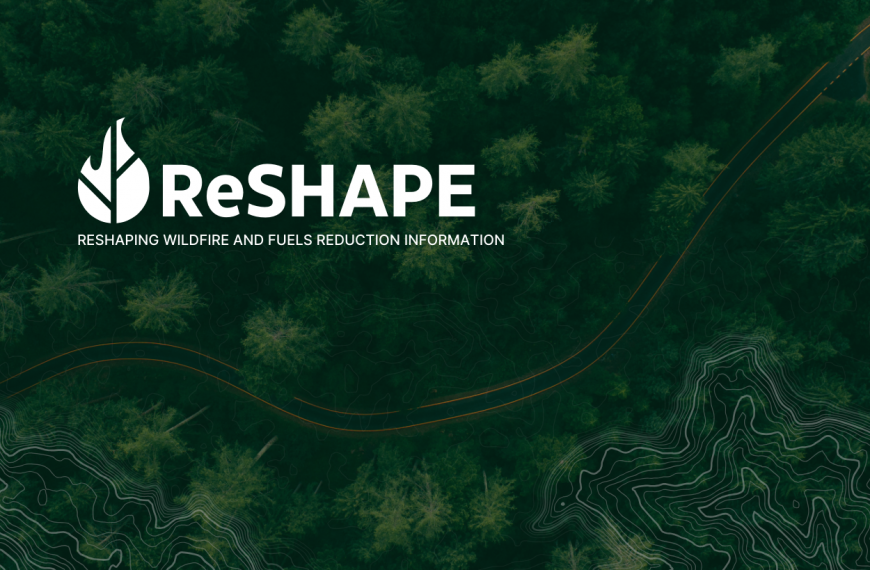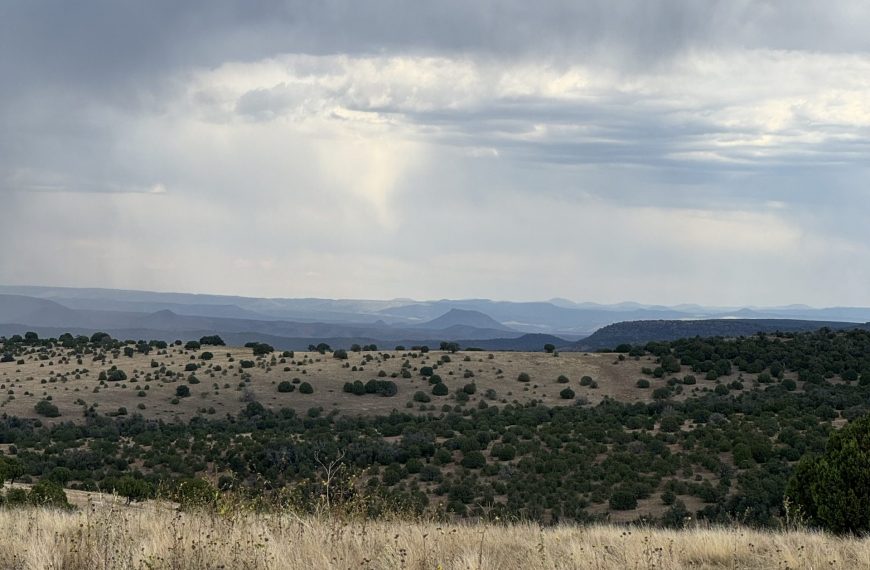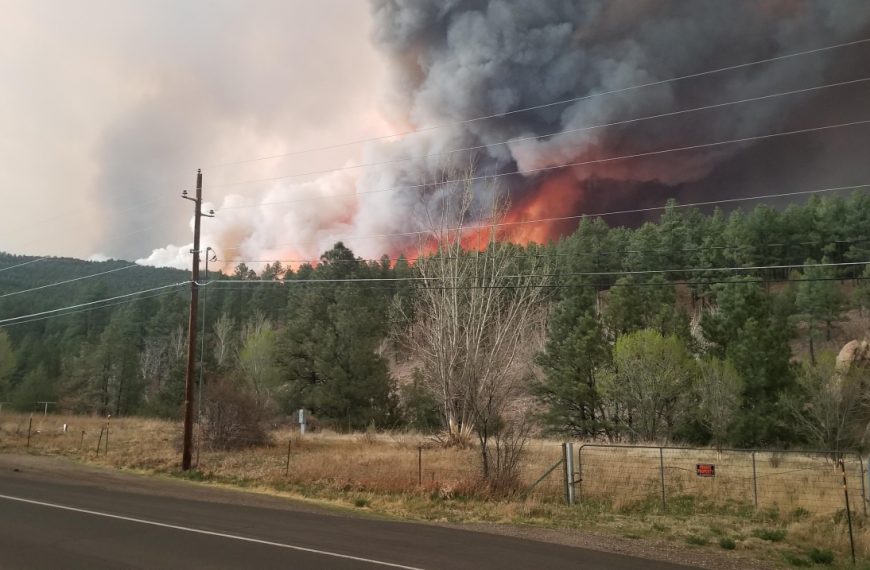Presenter: Dr. Molly Hunter, USGS SW Climate Adaptation Science Center, Research Manager / Joint Fire Science Program, Science Advisor
Date: January 28, 2021 12pm MST
Prescribed fire can result in significant benefits to ecosystems and society. Examples include improved wildlife habitat, enhanced biodiversity, reduced threat of destructive wildfire, and enhanced ecosystem resilience. Prescribed fire can also come with costs, such as reduced air quality and impacts to fire sensitive species. To plan for appropriate use of prescribed fire, managers need information on the tradeoffs between prescribed fire and wildfire regimes. In this study, we argue that information on tradeoffs should be presented at spatial and temporal scales commensurate with the scales at which these processes occur and that simulation modeling exercises should include some realistic measure of wildfire probability. To that end, we synthesized available scientific literature on relationships between prescribed fire and wildfire regimes, and their associated ecological and societal effects, focusing specifically on simulation modeling studies that consider wildfire probability and empirical and modeling studies that consider prescribed fire and wildfire regimes at spatial and temporal scales beyond individual events. Click here to view a recording of this webinar!
